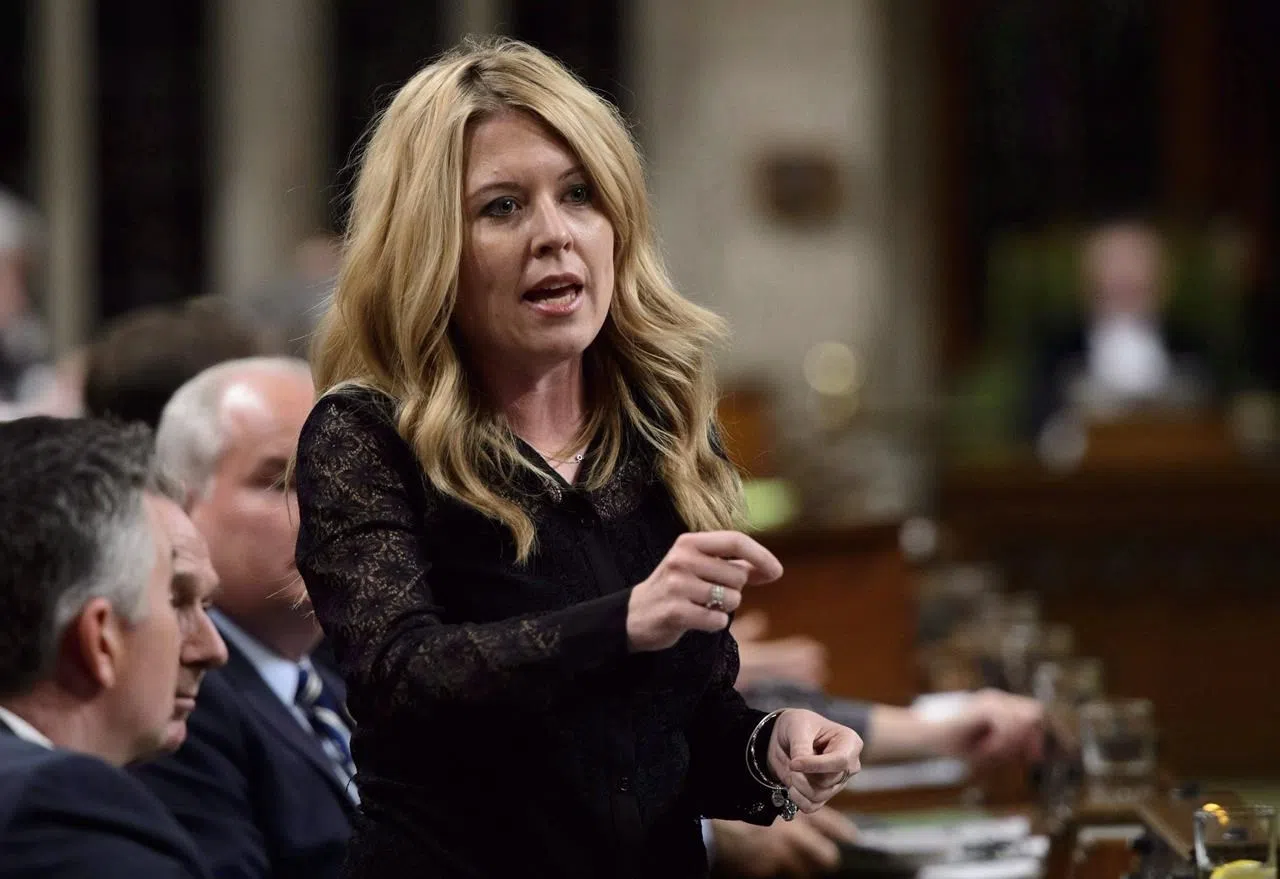
Baloney Meter: Are a majority of asylum seekers to Canada doomed to rejection?
OTTAWA — “Trudeau and other politicians must realize the real-life consequences of their words when it comes to immigration. It is not compassionate nor prudent to give these individuals false hope when we know that the majority of the asylum claims before the Immigration and Refugee Board will eventually be rejected.” — Conservative MP Michelle Rempel.
—
Michelle Rempel, the official Opposition’s immigration critic, issued a news release earlier this week criticizing the Trudeau government’s handling of the ongoing influx of so-called “irregular” migrants coming across the Canada-U.S. border.
In it, she said the majority of the asylum claims before the Immigration and Refugee Board would be rejected — a claim she attributes to Transport Minister Marc Garneau, who said “a bit more than 90 per cent of irregular migrants do not meet our criteria (to claim asylum), and that they must leave.”


